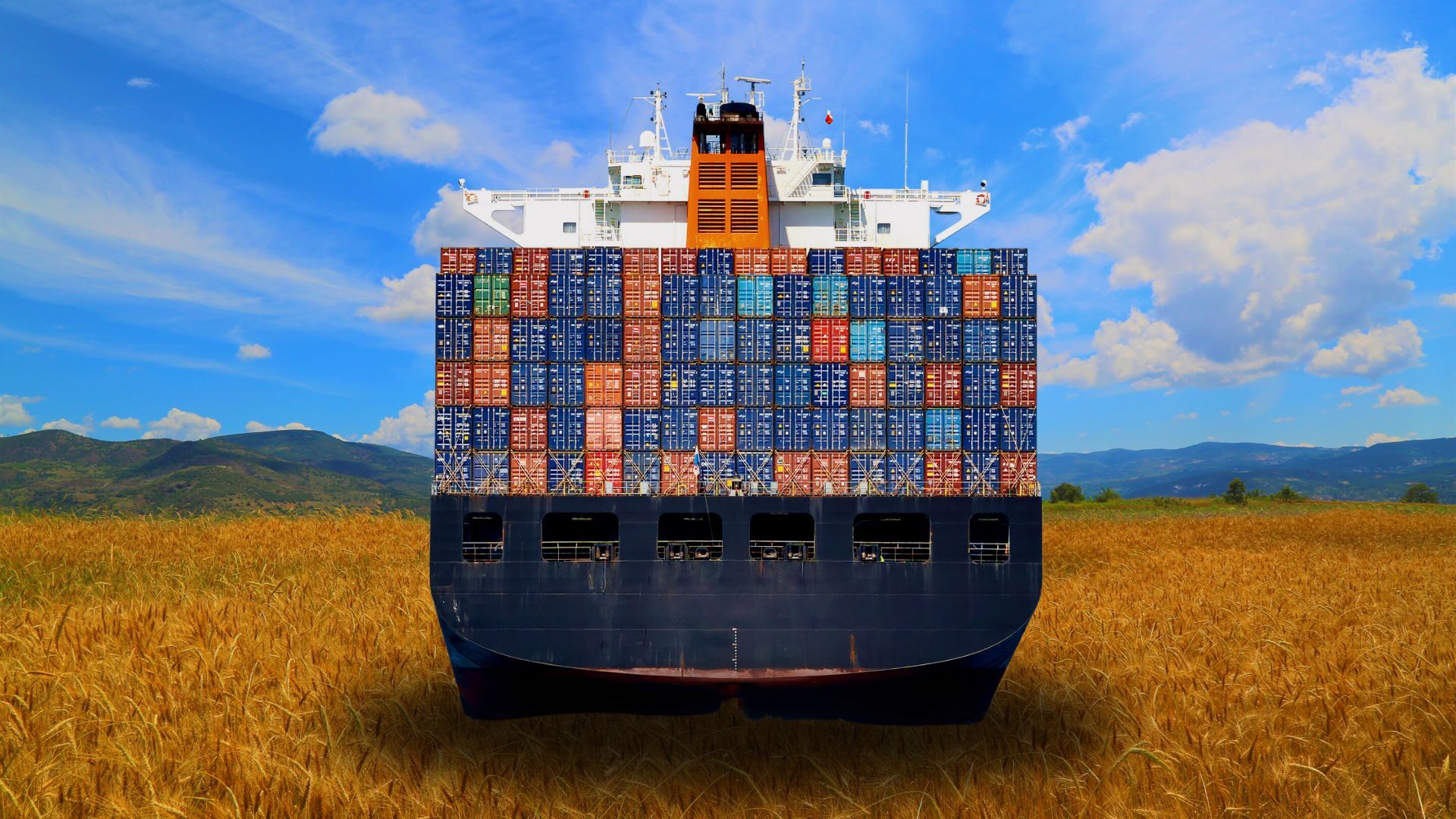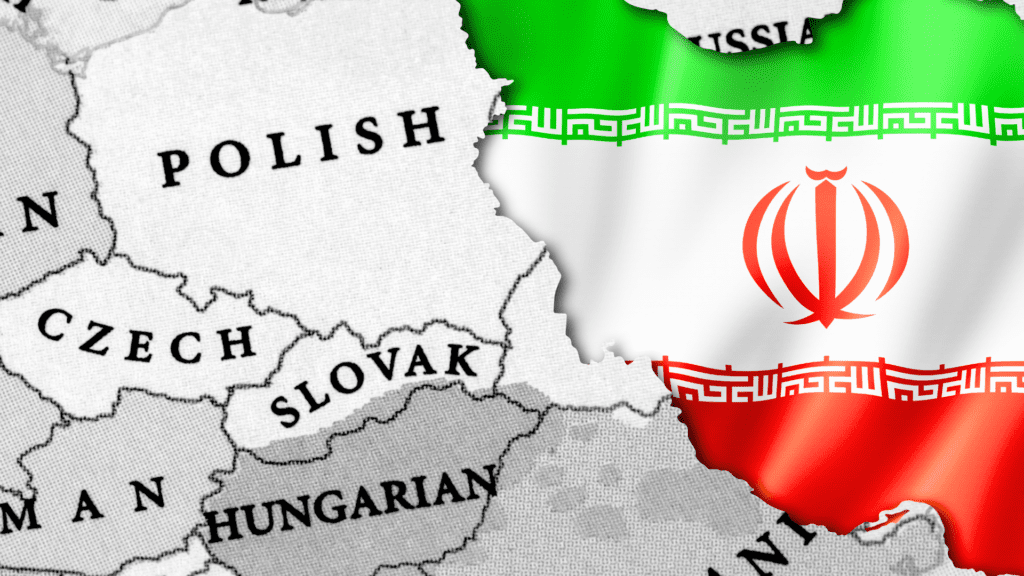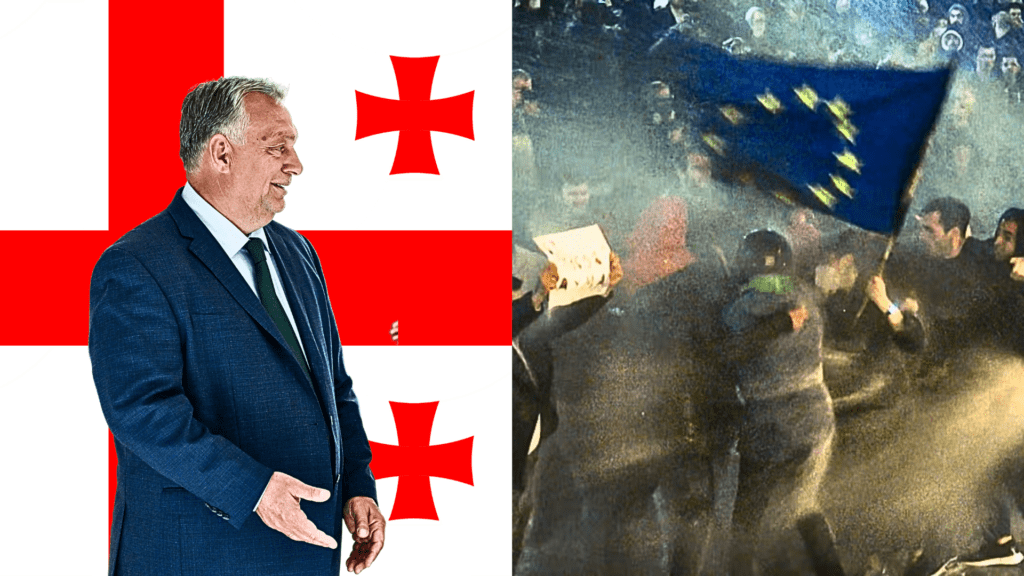Pressure on Russia Grows to Return to Grain Deal
Source: Visegrad Insight
Ukraine’s challenge to Russia’s control of the Black Sea, the resilience of alternative routes on the Danube and pressure from the Global South may persuade Russia to rejoin the grain deal as harvests start in earnest.
Following Russia’s withdrawal from the Black Sea grain deal, Ukrainian exports have shifted to alternative routes through the Danube ports, roads and railways, showing limits of Moscow’s ability to replace Ukraine in the global market.
With the new harvest filling in grain storage, Russia has accelerated attacks on Ukrainian infrastructure in Odesa and other Ukrainian Black Sea and Danube facilities that could be used to transport grain out of the country. And yet, some of the new routes, particularly on the Danube, are proving resilient and harder to attack.
Simultaneously, Ukraine is making a concerted push to reopen the sea lines in defiance of Russian threats to stop commercial vessels sailingin Ukrainian waters.
For now the focus is on the Danube because the river and some of the facilities are actually on the border of NATO members Romania and Bulgaria. Romanian ports, especially Constanza, have become a key route for Ukrainian grain.
According to Dmitriy Barinov, deputy head of the Ukrainian ports authority, Danube ports – Reni, Izmail, Ust-Dunaisk – will not be able to fully replace transportation by the Ukrainian Black Sea ports because of lower depths and inadequate infrastructure. According to the Romanian side, up to 60 percent of Ukrainian grain can sail through this route.
In the first half of this year, 11 million tonnes of Ukrainian grain were transported through the Danube ports out of roughly 50 million total exports. About 40 per cent of that volume goes on barges to Constanza, while the rest are loaded at Ukrainian ports onto smaller vessels that then take it to Turkey, North Africa and the Middle East.
Editor’s Pick: Democratic Security Outlook 2023: 21 August – 27 August
In general, the Ministry of Infrastructure expects the cargo turnover of the Danube ports to reach 20 million tonnes in 2023.
Olena Bilan, Director of the Analytical Department at Ukraine-focused investment firm Dragon Capital, told the Centre of Economic Strategies that the Ukrainian agricultural sector is adapting to the new reality. If transportation via the Danube continues, provided that Ukraine’s air defence system reduces the risks of Russian attacks, the Danube corridor’s capacity is expected to expand from 2 to 3 million tonnes of grain per month.
The liberation of the Ukrainian Snake Island by the Ukrainian Armed Forces in 2022 made it possible to open the Bystryi Estuary, located in Ukrainian waters, to vessels. It allowed the Danube ports to triple their throughput capacity and add 10 million tonnes of cargo annually. Overall, the cargo turnover of the Danube ports tripled, while the Odesa ports lost more than half of their cargo turnover.
This shows the limits of what Ukraine can achieve through the alternative routes – before Moscow suspended participation in the grain deal, Ukraine exported a total of 39 million tonnes of grain, earning $9 billion. That is why Kyiv is seeking international support to pressure Russia back into the UN-sponsored agreement.
Ukraine seeks to unblock Black Sea route
According to forecasts, this year’s harvest will be lower than in previous years, at around 50 million tonnes. Another 9 million tonnes are in storage facilities. Domestic consumption is estimated at approximately 18 million tonnes. Thus, the volume of planned exports is 41 million tonnes. It is less than what Ukraine exported in the last marketing year but significantly more than via alternative routes without the corridor.
The UN says that the shortage of Ukrainian exports is a threat to world food prices. The resumption of the Grain Initiative is a critical factor in preventing a global food crisis, Maximo Torero, Chief Economist of the Food and Agriculture Organisation of the United Nations (FAO), said to Ukrinform on 15 August.
“The resumption of the Grain Initiative will help reduce international prices and improve access to agricultural products for a number of low- and lower-middle-income countries,” he said.
In response to Russia reneging on the grain deal, Ukraine declared that it considered the agreement to be remaining in place. According to President Volodymyr Zelenskyy, it is now necessary to ensure the operation of the corridor without Russia’s participation. From the point of view of the Ukrainian authorities, Turkey, which brokered the deal before, as well as NATO, could guarantee the safe passage of ships.
Ukraine also managed to secure a deal with insurers to start a scheme to protect about 30 ships from risks associated with Russian threats, the Financial Times reported.
On 10 August, temporary corridors for merchant ships sailing to or from Ukraine’s Black Sea ports have been announced by the Ukrainian Navy. Ukraine notified the corridors to the International Maritime Organisation (IMO), which recognises Ukraine’s international right to free navigation and has called on Russia to adhere to international conventions.
On 16 August, the first civilian ship under the Hong Kong flag sailed through the new temporary corridor created by Ukraine.
“The JOSEPH SCHULTE container ship has left the port of Odesa and is moving along the temporary corridor established for civilian vessels to/from the Black Sea seaports of Ukraine,” the Ministry for Communities, Territories and Infrastructure Development of Ukraine (Ministry for Restoration) posted on Telegram.
The ship carries more than 30,000 tonnes of cargo (2,114 containers), including food.
President Zelenskyy commented on the successful ship passage:
Ukraine has just made an important step toward restoring the freedom of navigation in the Black Sea. The first civilian vessel has passed through Ukraine’s new humanitarian corridor, departing from the port of Odesa. It’s currently on its way to the Bosporus.
Earlier, Ukraine…
— Володимир Зеленський (@ZelenskyyUa) August 16, 2023
However, the Kremlin is attempting to restrict shipping to Ukrainian ports without a full blockade by escalating deployments of its fleet in the Black Sea, including the recently forced stop and inspection of a civilian cargo ship on 13 August.
Earlier, the Russian Ministry of Defence said that on the morning of 13 August, the Russian patrol ship Vasily Bykov fired warning shots to stop a Palau-flagged cargo ship.
Former U.S. Admiral James Stavridis, who led the alliance’s forces on the continent between 2009 and 2013, commented to Politico that escalations at sea including the boarding of this ship — could force Kyiv’s partners to intervene to prevent Ukraine’s economy from being crippled.
“Russia’s actions in the international waters of the Black Sea create a real risk of escalating this to a war at sea between NATO and the Russian Federation,” Stavridis said. NATO, he went on, “is not going to provide all the weapons and money for Ukraine, only to watch Russia strangle their economy with an illegal blockade.”
Earlier, three civilian cargo ships (from Israel and Greece, as well as one with Turkish-Georgian registration) broke through the Russian blockade in the Black Sea on Sunday, 30 July, and anchored in one of Ukraine’s grain ports in the Danube Delta.
The next day, Russia conducted a missile attack on the Danube ports. According to Natalia Humenyuk, head of the Ukrainian Coordination Press Centre of the Southern Defence Forces, a media frenzy was created around these vessels, which might have provoked the attack.
“There was no breakthrough of the blockade as such, as the vessels were following the recommended course, using the territorial waters of other states, and outside the area declared closed,” Humeniuk said.
Theoretically, the ships could sail to Ukrainian ports through the territorial waters of Türkiye, Bulgaria and Romania, where Russia could not attack them. At the same time, Russia has already launched a number of attacks on Ukrainian port infrastructure, and such attacks will likely intensify if Ukraine resumes the operation of the “corridor” on its own.
Can Russia return to the agreement?
A number of countries that maintain a neutral status concerning Russia’s military aggression are now making efforts to get Russia to return to the grain deal.
Thus, during the Africa-Russia summit last month, the head of the African Union Commission, Moussa Faki Mahamat, said that interruptions in grain supplies should stop immediately. “The grain deal must be restored for the benefit of all humanity, especially Africans,” he said.
Putin’s attempts to placate African leaders with small amounts of grain as a “gift” did not have much effect. “We would like the Black Sea to be open to world markets. And we did not come here to ask for any ‘gifts’ for the African continent,” South African President Cyril Ramaphosa commented on this initiative during his visit to Russia.
Although rather mildly, China also spoke in favour of extending the grain deal. “We hope that the Black Sea Grain Initiative will continue to be balanced and fully implemented,” the Chinese Foreign Ministry said.
Turkey has yet to speak out formally. The country’s leader, Recep Tayyip Erdoğan, is likely to meet Putin shortly and according to Turkish journalists, the main topics of conversation should be the resumption of the grain deal and the exchange of prisoners.
_
Published as part of our Future of Ukraine Fellowship programme. Learn more about it here and consider contributing.
Photo by Chris Pagan on Unsplash.
Your Central European Intelligence
Democratic security comes at a price. What is yours?
Subscribe now for full access to expert analysis and policy debate on Central Europe.
The original article: belongs to Visegrad Insight .






